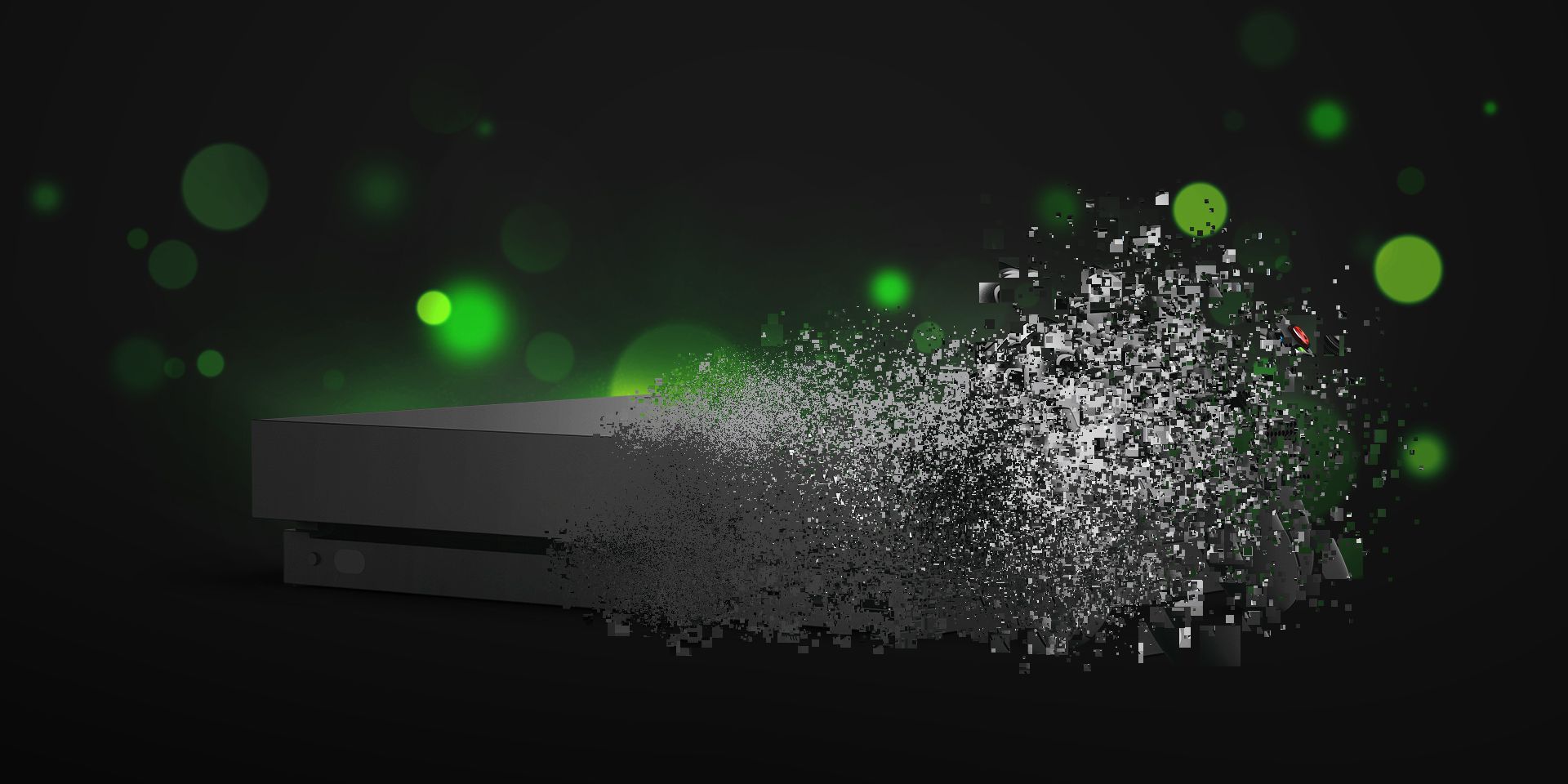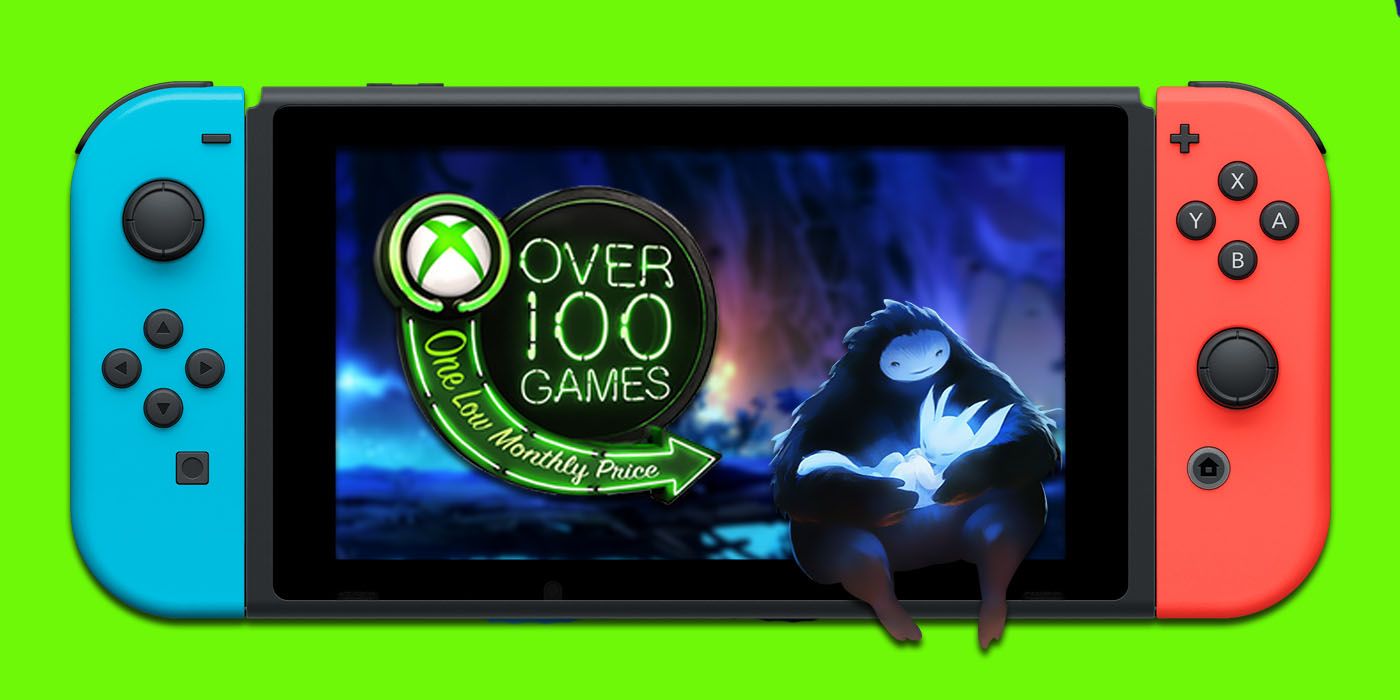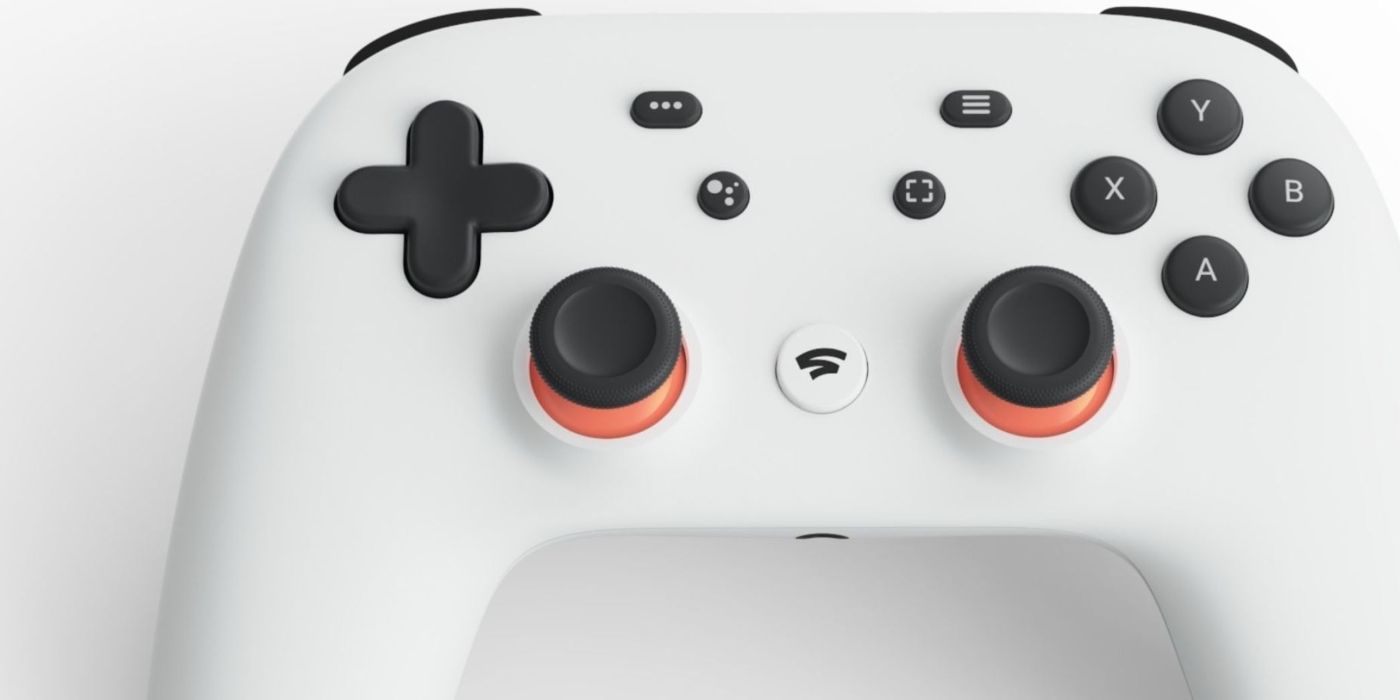With Xbox, Google, and more trying to move into streaming, the future of video game could mean the death of traditional consoles. It's been said so many times before that consumers are right to be wary of a claim as broad and bold as "video game consoles are dying." Streaming is currently being touted as a realizable option for gamers, with official plans from Xbox to roll out its Project xCloud service as soon as this year.
Another tech industry giant isn't lagging behind on acting on that premise with a platform of its own, as Google has unveiled its major gaming push known as Stadia - a streaming service available through a number of different tech formats. While consoles will remain a major part of the gaming landscape for the time being, it's clear that the best platform for every company to be pursing isn't limited by hardware. Instead, it's a digital storefront with an emphasis on streaming that's available across platforms and is readily present across as many pieces of tech as possible.
Related: Why You Should Be Cautious About Google Stadia
So, how does this work? Why would a company as large as Microsoft with such heavy investments in gaming hardware abandon the current model and inspire others to do the same? Well, it won't be an immediate jump. Launching a streaming service with video games at the forefront isn't like turning on a light switch - just look at the now defunct OnLive console. No, shifting Xbox to an online platform will be done over a period of time, and it's best accomplished through making current software widely accessible to ease consumers across platforms into the fandom surrounding various first-party IP.
A prime example in terms of how this can be done with Xbox brands stems from bringing a handful of games (and streaming software) to other rival hardware. This would appear to be the a clear strategy with reports of Ori and the Blind Forest being ported to Nintendo Switch. Now, the gut reaction to this may be to point out that the game is still on gaming hardware, and that claim isn't incorrect. As previously stated, it's a process and one that involves a lot of lead up. That is why going directly to gamers is a given for a new service focused on games, but the goal is ultimately to gain access to the widest possible audience – which is why Microsoft's Project xCloud and Google's Stadia are coming to mobile devices as well.
Consumers are now looking at a future within the industry where leaders from across current gaming console mainstays like Nintendo, Xbox, and PlayStation are making claims about the possibility of a console-less future. For example, current president of Nintendo, Shuntaro Furukawa, stated in an interview with Nikkei (via Forbes) that "In the long-term, perhaps our focus as a business could shift away from home consoles - flexibility is just as important as ingenuity." Then there's Xbox head Phil Spencer actively pushing xCloud as a viable streaming service for gamers.
Finally, PlayStation's Shawn Layden offered his own insight into the future of the gaming industry during an interview with Game Informer, and his take on the future of gaming is rather telling. "I don't want to put too fine a point on this because it might upset some of the people I work with, but I think effectively, we're looking at kind of a post-console world where you can have quality gaming experiences across a variety of technologies," stated Layden.
As these companies prepare for that eventual shift, Google is jumping in with both feet; Stadia is releasing in 2019, and that's quite ambitious. While streaming may be the future, it's a better strategy at this point to wait for technology to catch up with the concept – which is presumably why Xbox isn't abandoning its hardware for the next generation of gaming. Microsoft knows that all of the power and resolution being flaunted by Google won't mean anything if accessibility is limited by internet capabilities of the general populace, and even gamers will reject the Stadia service if input lag makes it unviable as a competitive (or even fun) platform to play on.
Again, this is a slow process and that can't be stressed enough. Eventually the internet speed available to the population will be sufficient enough for games to be streamed without so much as batting an eye. Even then, why would the entire industry uproot its existing model in favor of focusing on streaming? Because accessibility and affordability are a proven pairing, and both are present in spades through pursuing a platform that's not limited by hardware.
It will be some time yet before gamers will see the end of console gaming, and there will remain a novelty associated with retro platforms and physical game ownership. Still, if accessing a growing library of games is as easy as paying a modest subscription fee every month or simply opening a browser on a mobile device to access one's library then people will flock to it. The value is evident when the next Halo, Assassin's Creed, or Mario Kart is readily available to anyone with WiFi.
It's going to take time for advancements to be made, but the end result will eventually mean that gaming becomes more affordable and easier to access from both a hardware and publishing standpoint. It also likely means that there will be a number of changes happening in the not too distant future as game companies make major acquisitions to beef up their libraries and sign exclusive content deals to make their platforms standout amongst competition – much like how Microsoft has been buying up game studios for its Xbox brand.
Abandoning traditional consoles is a challenging thing to fathom because, up until now, they've always been around. They'll still be around for at least another generation too as internet streaming technologies catch up to speed, and there's something genuinely soothing in knowing that. Ultimately, streaming across devices and broadening the consumer base is a win for the companies pursuing these initiatives, but it also benefits the wallets of consumers.



